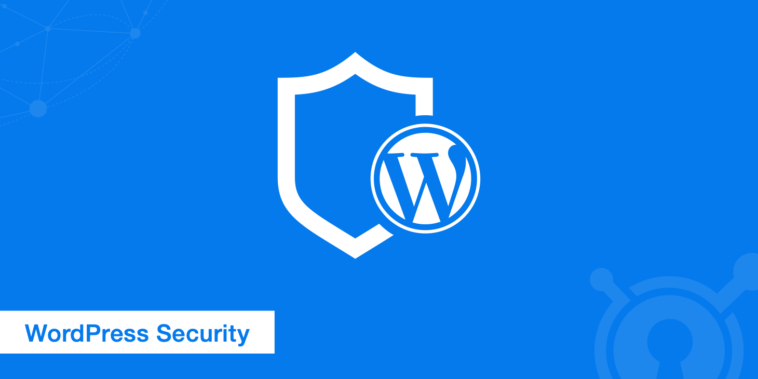Although WordPress has become the most popular Content Management System (CMS), powering more than 30% websites, hackers have already begun to target these sites, regardless of what content you provide. With that said, it is essential for you to keep your WordPress site protected from such threats.
Here are seven tips on how to keep your site safe and protected from unforeseen threats.
Premium Hosting
“Opting for premium hosting is a good way to ensure your WordPress site’s safety,” says Maddison FitzGibbon, a WP expert at Paper Fellows and PhD Thesis Writing. “Premium hosting not only lets you customize plugins, widgets, and theme compatibility, but also prevents third-party software or hackers from accessing back-end file repositories. Therefore, avoid the free blogging domain that WordPress offers you at first, since it offers very little protection from malware and hackers.”
Change Passwords Frequently
Your admin password for your WordPress website should be strong and difficult for others to try and guess it. Luckily, you can opt for WordPress’s automatically-generated and highly-secured alphanumeric passwords for your account. But still, you would need to change it periodically, preferably every two weeks. Saving credentials in browsers or password manager applications is fine, but lock your device and apps with a password to prevent unauthorized usage.
Regularly Update Themes And Plugins
Although security threats change every so often, WordPress and developers are always updating their products to fill in the security loopholes and prevent such attacks from happening in the future. Make it your job to update your site’s themes and plugins to the latest version as soon as WordPress notifies you about their updates. Proper updates will secure the portal, and prevent unexpected risks from happening.
Have A Security Plugin
While coding can be tedious at times, just keep in mind that malware can be written into the code without you knowing it, especially if you’re not a professional coder yourself. That’s why a lot of WordPress developers take comfort in having security plugins on their sites. A security plugin scans your site for any malware and monitors your site 24/7.
Two-Step Authorization
Two-step authorization methods are nothing new in the modern Internet-sphere. Whether you allow users to create accounts on your site, log into their accounts, order products, or post content, consider two-step authorization for both you and users.
As a developer, you need to have two-step authorization for both your user, and for your back-end administrative team login. Having two-step authorization lets you know of any login attempts, whether they are made by legitimate users, or by malicious software or hackers.
Enable Backups
It’s a fact that a site can go offline at any given moment, for whatever reason (malware or power outage); your WordPress website is no exception to this. Therefore, it’s imperative that you get your site back online and available as soon as possible. But how do you make sure that you can get your site back up in one piece?
Consider enabling backup for offline or off-site. Having a backup for your WordPress site available is essential whenever unforeseen events strike. Failing to back up your site allows more malicious software issues to recur, and can even ruin your company’s online reputation. So, it’s best to have a copy available just in case, and to frequently back everything up.
Pick A Good Hosting Company
“Look for a hosting provider that provides layers upon layers of security,” says Christine Miles, a tech writer at BoomEssays and Essay Services. “Rather than opt for a cheap hosting provider, which can, at some point, erase your data and redirect users to somewhere else. Even though good-quality hosting tends to be pricier than a cheaper one, the pricier one gives you added security, and even speeds up your WordPress site.”
Conclusion
Having good security is essential for any website, especially for WordPress-run sites. It’s about maintaining control over your back-end files, as well as how users can safely interact with your site.
At the end of the day, it’s not about installing unnecessary plugins or overly-extravagant themes to get your site up front in the search engines. And, more importantly, your site should never fall victim to malicious links, emails, and other suspicious content aimed at compromising it. It should be about giving you and your site users a sense of security, as your site successful runs for many years to come.
About The Author
Jenny Han is an editor and writer for Write My Essay and Dissertation Help, and a contributor for Assignment writing service. As a marketing strategist, she has offered her services in several high-profile marketing campaigns.

